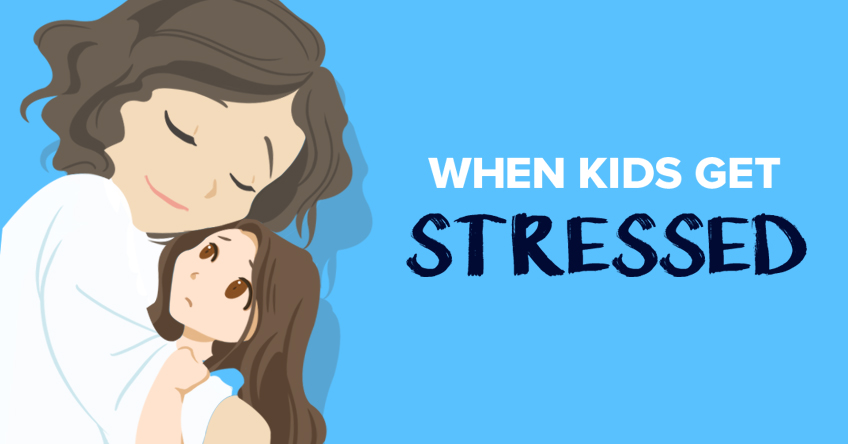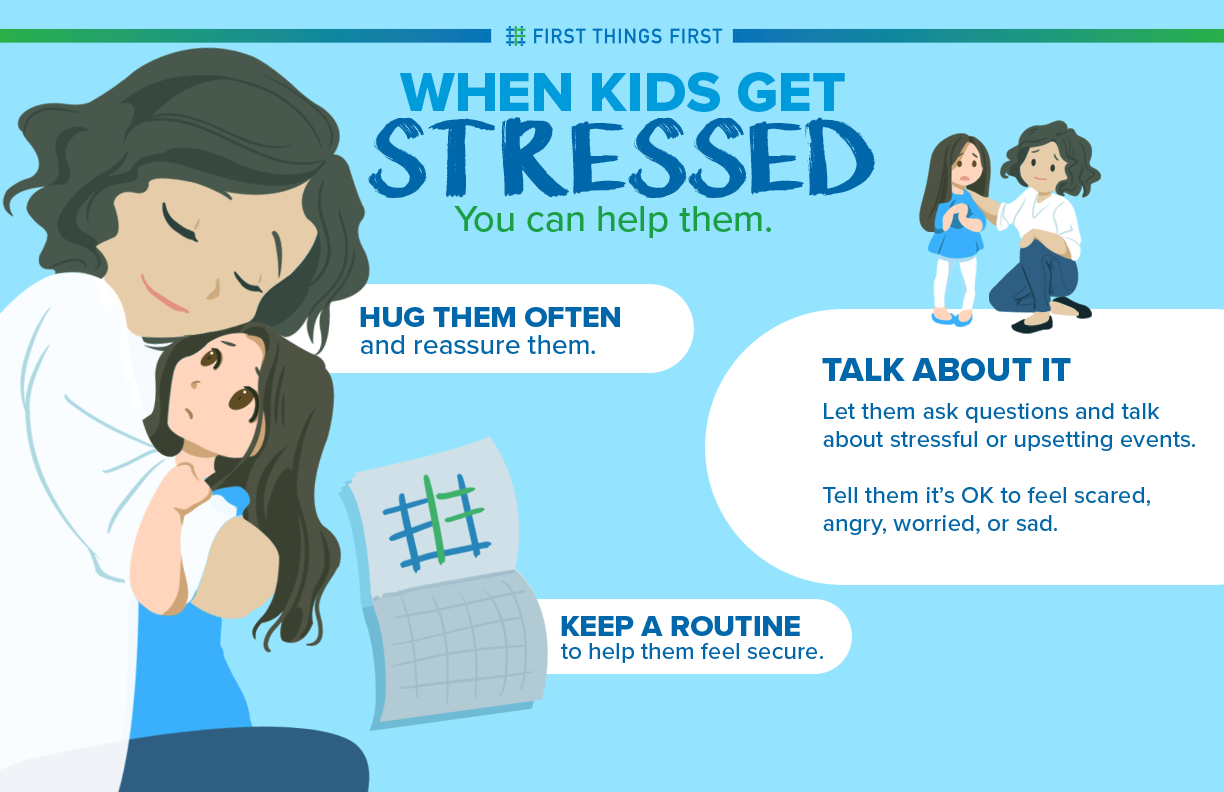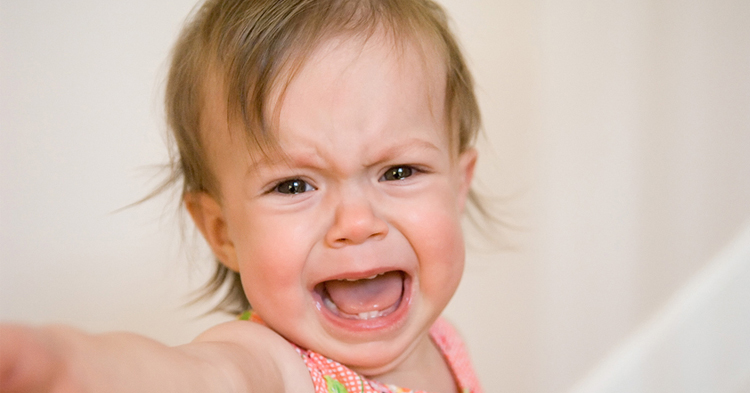
When you think of someone being stressed out you usually picture an adult, not a toddler. But stress among toddlers is a very real thing, and it can lead to outbursts and tantrums that impact everyone around them.
My 4-year-old daughter doesn’t fuss often, but when she does, her stress level goes up quickly. As a single parent and the sole-provider of discipline in our home, her times of stress were frustrating to deal with because I didn’t know how to handle them effectively. I tried stress jars, lavender putty, sending her to her room, time-out, but mostly, I lost my patience. And the more stressed I got, the more stressed she got. If I yelled, she yelled.
The Breaking Point
After enduring these tantrums for months, one night at bedtime things escalated to the breaking point. My sweet little girl turned so stressed she was shaking and to alleviate some of the anger and frustration I was sobbing. I didn’t know what to do but I knew something had to change because we both couldn’t go on like this. These situations couldn’t keep elevating to this point.
Just then, my daughter climbed into my lap and put her arms around me. The same child, who two minutes earlier was screaming about how much she didn’t like me, needed me to console her. I put my arms around her and rocked her on my lap for a few minutes.
After she calmed down, I talked to her about what happened. She was reluctant to talk or even look at me at first, but I assured her that she wasn’t in trouble. I just wanted to know what she was feeling. I asked her what made her upset.
When she was ready to talk, she told me that she had wanted to watch a TV show before she went to bed, but I said it was too late. What she said next really got my attention: “Mama, I was trying to explain it to you, but all you kept doing was yelling at me for getting upset.” I was yelling at her and showing her exactly what I didn’t want her to do. I knew that, to continue the conversation, I had to apologize, so I did. She forgave me and apologized herself. Then we discussed what actions each of us were responsible for and what we could do better next time.
You can help.

Our Process
I used to think I had to stand my ground when she got stressed out and had a tantrum, and that hugging her was giving in. This episode helped me realize that holding her shows that I love her even when I don’t like the way she is acting and that I can remain calm myself as well. As a parent, I constantly question if what I am doing is the best way for my child. This felt right.
Now, we have a process.
- When stress and frustration start to rise, I remain calm. This models the behavior that I want from her.
- I take her in my arms and talk with her.
- I also realized that a majority of her stress comes when her normal routine changes, especially around bedtime, so we put a routine in place and wrote it down. It hangs on the wall in her bedroom.
- We also wrote down some overall house rules for both of us to follow. Being clear on what is expected of each other helps us be more consistent.



